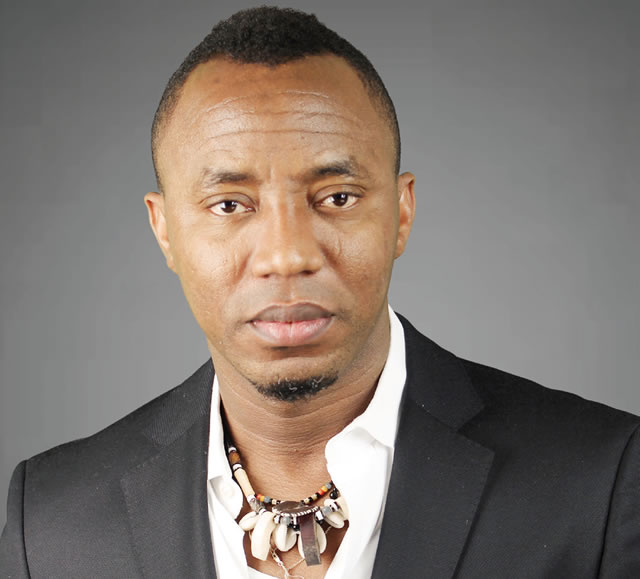Omoyele Sowore’s stark assertion that there are no consequences for evildoing in Nigeria paints a bleak picture of a society where injustice thrives and virtue is punished. He argues that evildoers not only escape retribution but often prosper, accumulating wealth, power, and longevity, while those who strive for good are met with hardship, suffering, and premature death. This perceived inversion of justice creates a disheartening atmosphere where integrity is seemingly futile and corruption reigns supreme. Sowore’s claim, delivered with passionate conviction, raises fundamental questions about the moral fabric of Nigerian society and the mechanisms that perpetuate this apparent imbalance.
He supports his claim with anecdotal evidence, drawing on personal observations and widely known instances of corruption and impunity. He cites examples of diligent civil servants who refused bribes and subsequently faced destitution and death, contrasting their fate with the continued prosperity of corrupt officials who amassed fortunes through illicit means. His examples span various sectors, from customs officials and police officers to educators and high-ranking military personnel. The recurring motif is the stark contrast between the tragic end of those who uphold ethical principles and the enduring success of those who exploit and abuse their positions of power. This perceived pattern reinforces Sowore’s argument that the system rewards wrongdoing and punishes integrity, creating a perverse incentive structure that encourages corruption.
Sowore’s most potent examples involve figures at the highest echelons of power, including former presidents and military leaders implicated in grand corruption and even genocide. He highlights their longevity and continued influence as evidence of the systemic failure to hold powerful figures accountable. The fact that these individuals, despite alleged atrocities, live long and prosperous lives while those who opposed them have perished, further strengthens his claim that the scales of justice are tipped in favor of the corrupt. This impunity, he argues, sends a dangerous message to society: that power protects from consequences, and that ethical conduct is not only unrewarded but actively detrimental.
This perceived absence of accountability, according to Sowore, has profound implications for Nigerian society. It erodes trust in institutions, fosters cynicism, and discourages active citizenship. When people witness the consistent triumph of corruption over integrity, they lose faith in the system’s ability to deliver justice. This can lead to widespread apathy, where individuals feel powerless to effect change and resign themselves to the status quo. Moreover, the lack of consequences can embolden corrupt actors, further entrenching their power and influence, thereby perpetuating a cycle of injustice.
The implications of Sowore’s claim extend beyond the individual level. A society where corruption flourishes unchecked suffers from a range of debilitating consequences, including economic instability, political instability, and social decay. Corruption diverts resources away from essential services, hindering development and exacerbating inequality. It undermines the rule of law, creating an environment of uncertainty and fear. It also erodes social cohesion, as trust between citizens and institutions breaks down. Sowore’s argument, therefore, is not merely a critique of individual moral failings but a condemnation of a system that enables and rewards such behavior.
Addressing the issues raised by Sowore requires a multifaceted approach that tackles both the individual and systemic factors contributing to this perceived culture of impunity. Strengthening institutions, promoting transparency, and enforcing anti-corruption laws are crucial steps toward creating a society where justice prevails. Equally important is fostering a culture of ethical leadership and civic responsibility, where integrity is valued and rewarded. Only then can Nigeria hope to break the cycle of corruption and create a society where good triumphs over evil, and where those who serve the public interest are protected and celebrated rather than marginalized and persecuted.


